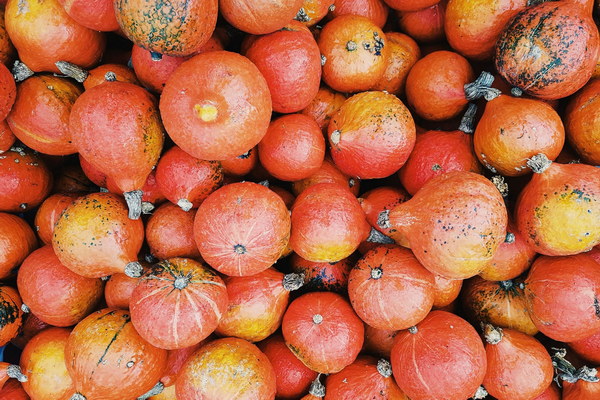Revitalizing Kidneys with Hematopoietic Herbs A Comprehensive Guide to Traditional Chinese Medicine
In the realm of traditional Chinese medicine (TCM), the concept of balancing the body's internal harmony is paramount. One such approach involves the use of hematopoietic herbs to nourish and replenish the kidneys. These herbs are believed to enhance blood circulation, support kidney function, and promote overall well-being. This article aims to delve into the world of hematopoietic herbs for kidney health, exploring their properties, benefits, and applications in TCM.
Understanding Hematopoietic Herbs
Hematopoietic herbs are a category of botanicals that are traditionally used to invigorate the blood and support the kidneys. These herbs are often employed to treat various conditions, including anemia, weakness, fatigue, and kidney disorders. The primary mechanisms of action of these herbs include improving blood circulation, boosting the production of red blood cells, and enhancing kidney function.
Common Hematopoietic Herbs
1. Angelica Sinensis (Danggui): Known as female ginseng, this herb is widely used in TCM to tonify blood and regulate menstrual disorders. It is believed to improve blood circulation, enhance fertility, and support kidney health.
2. Astragalus (Huangqi): This adaptogenic herb is renowned for its ability to boost the immune system and improve overall vitality. Astragalus is also used to support kidney function and promote blood circulation.
3. Polygonum Multiflorum (He Shou Wu): This herb has been used in TCM for centuries to nourish the kidneys and enhance longevity. It is believed to improve fertility, strengthen bones, and enhance hair growth.
4. Rehmannia (Shu Di Huang): This herb is often used in combination with other hematopoietic herbs to nourish the kidneys and support reproductive health. It is believed to improve blood circulation and promote overall well-being.
Benefits of Hematopoietic Herbs for Kidney Health
1. Improved Blood Circulation: Hematopoietic herbs are believed to enhance blood flow throughout the body, including the kidneys. This can help improve kidney function and reduce the risk of kidney-related disorders.
2. Increased Red Blood Cell Production: These herbs may stimulate the production of red blood cells, which can help alleviate anemia and improve overall energy levels.

3. Enhanced Kidney Function: Hematopoietic herbs are thought to support kidney function by promoting the elimination of waste products and toxins from the body.
4. Improved Fertility: Many hematopoietic herbs, such as Angelica Sinensis, are believed to enhance fertility by improving blood circulation and nourishing the reproductive organs.
Applications in Traditional Chinese Medicine
Hematopoietic herbs are commonly used in various TCM formulas to address a wide range of conditions. Here are some examples:
1. Anemia: Formulas containing hematopoietic herbs, such as Danggui, Astragalus, and Rehmannia, are often used to treat anemia, fatigue, and weakness.
2. Kidney Disorders: Herbs like He Shou Wu and Shu Di Huang are used to support kidney function and alleviate symptoms of kidney disorders, such as edema and proteinuria.
3. Reproductive Health: Formulas containing hematopoietic herbs are frequently used to enhance fertility and support reproductive health.
Conclusion
Hematopoietic herbs have been used in traditional Chinese medicine for centuries to promote kidney health and overall well-being. By improving blood circulation, supporting kidney function, and enhancing fertility, these herbs offer a natural and holistic approach to addressing various health concerns. However, it is important to consult with a qualified TCM practitioner before incorporating these herbs into your regimen, as individualized treatment plans are essential for optimal results.









